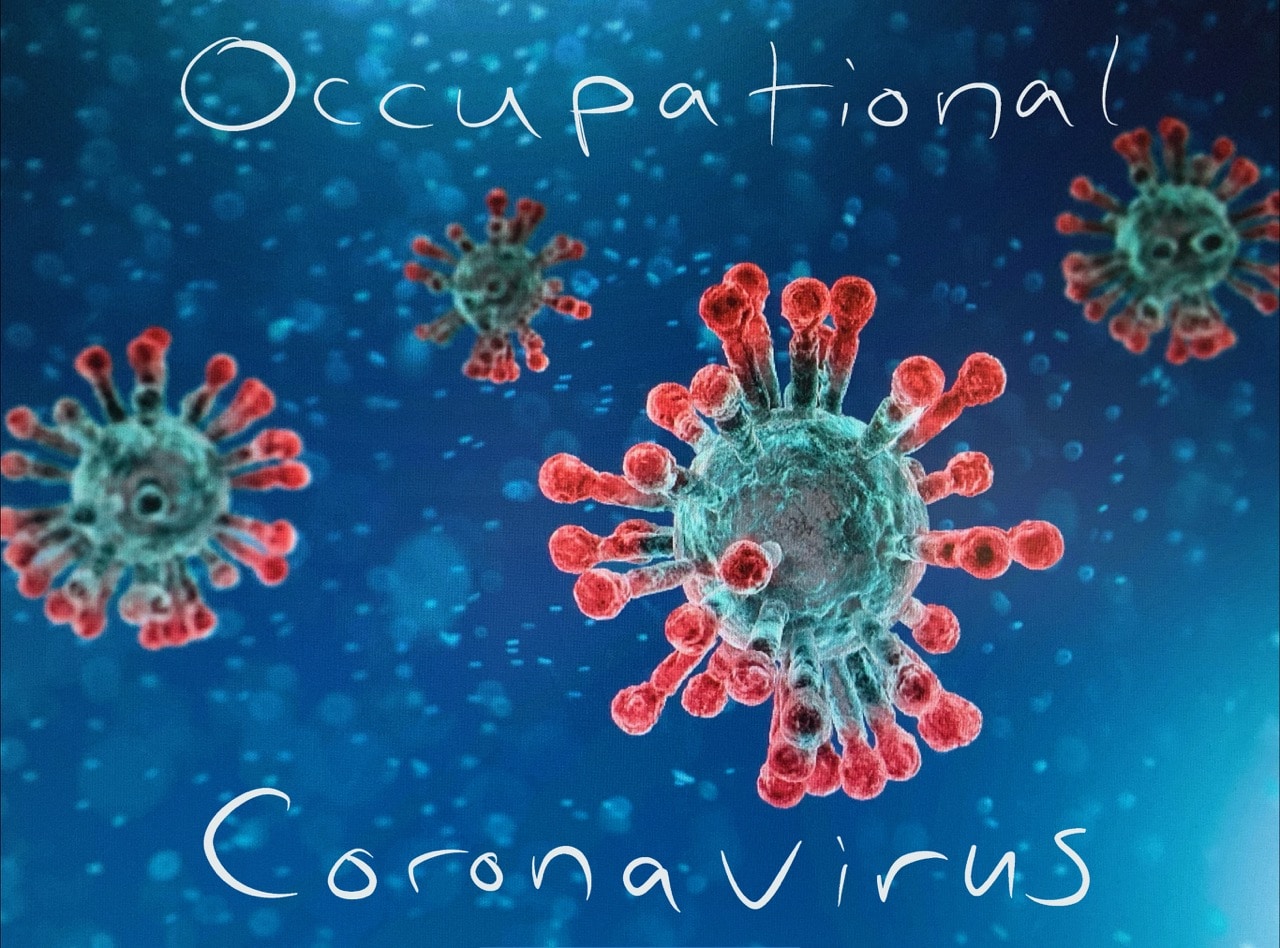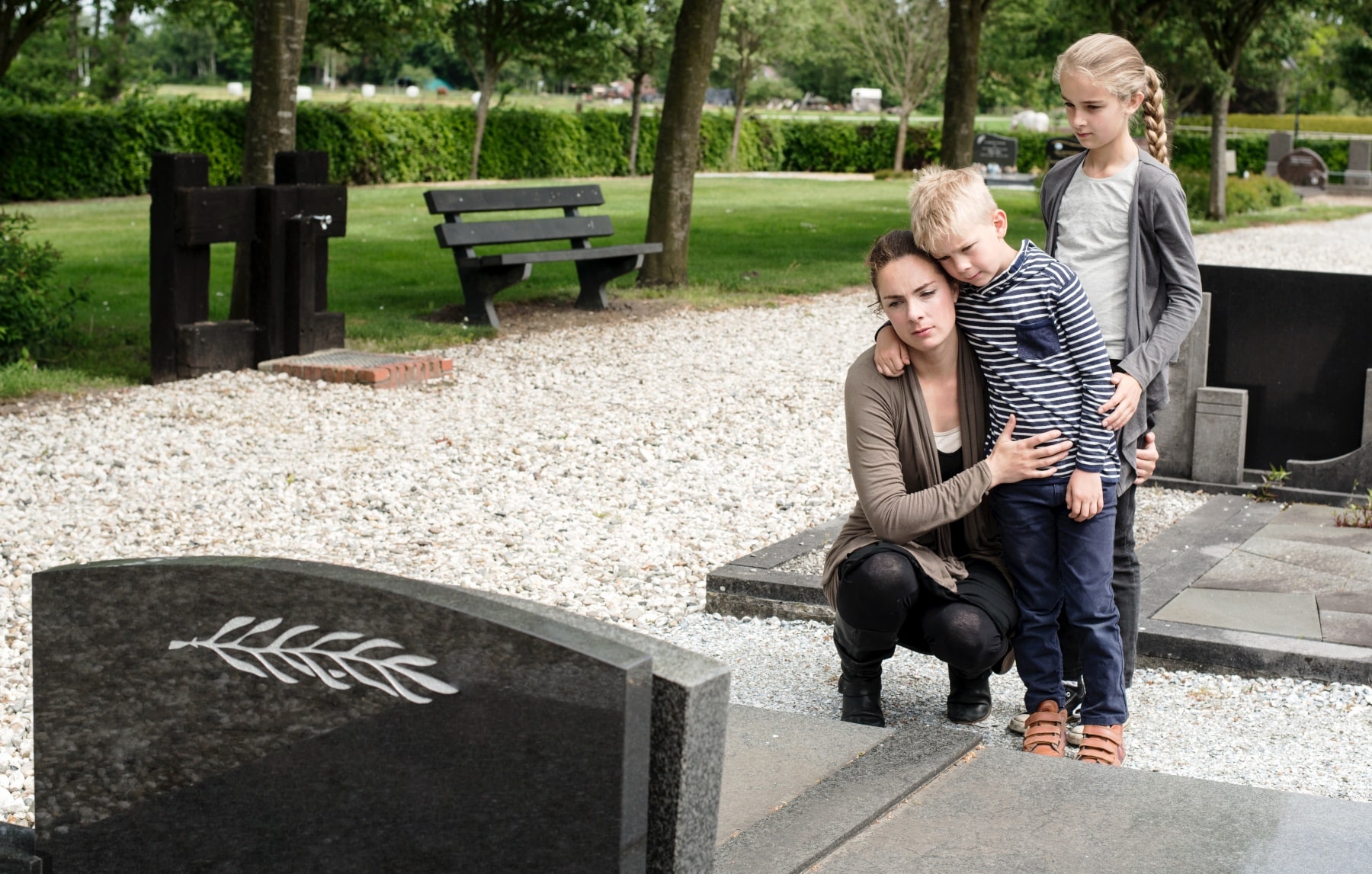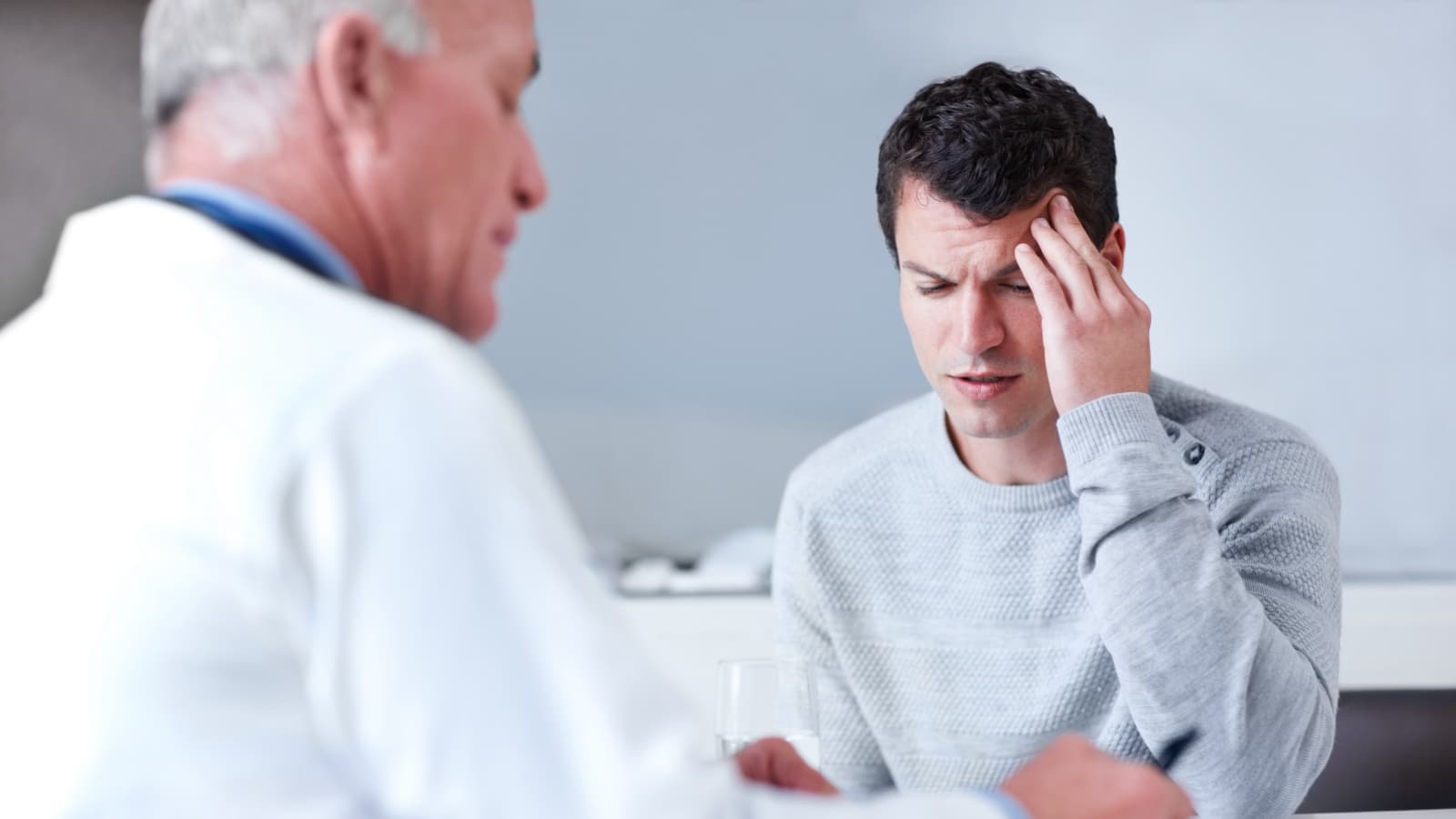What is the 2025-2026 Cost of Living Adjustment in Washington State Workers' Compensation? Washington State’s Department of Labor & Industries…
Coronavirus Infection COVID-19 – Can it be Claimed as an Occupational Disease?

Yes, coronavirus (COVID-19) is an infectious disease with the highest potential transmission rate among healthcare workers, first responders, school teachers, and others whose work brings them into contact with large numbers of sick individuals. Any worker may claim coronavirus as an occupational disease pursuant to RCW 51.08.140. It’s worth noting that firefighters, in particular, have a presumption of occupational disease pursuant to RCW 51.32.185.
If my Occupational Coronavirus Claim is Accepted, What will be Covered?
The infected worker is entitled to 100% coverage for all related medical bills, which can be a particularly valuable benefit if intensive care, quarantine, or convalescent stay is required. The infected worker is also entitled to time loss (wage replacement) benefits at a statutory rate if a significant period is required for recovery and return to work.
What Should I Do if a Loved One Dies from Occupational Coronavirus (COVID-19)?
File a death benefits claim with the Department of Labor and Industries within one year of the decedent’s death. Spouses and dependent children can be paid up to seventy percent of the decedent worker’s pre-infection wages under Washington State’s Industrial Insurance Act. A spouse may receive these payments for the rest of their life. However, complex medical proofs may be necessary to establish a right to these benefits, especially for non-healthcare workers, so it is advisable to seek counsel with an experienced and reputable workers’ compensation attorney as the first and urgent action.
Is a Permanent Partial Disability Award Available for Occupational Coronavirus?
Yes, but it will require medical proof. It is recommended that you conduct a post-infection CT scan to determine the relative amount of pulmonary scarring as well as pulmonary function tests. You should also get a specialized medical expert opinion in order to prove a coronavirus permanent partial disability.
Are Workers’ Compensation Benefits Available for a Family Member with COVID-19?
No. If you contract occupational coronavirus (COVID-19) and then transmit that to a family member, the family member’s coronavirus is attributable to community spread, not occupational exposure. An argument can be made that the family member’s disease should also be covered as “work-related,” but that is a matter for each state’s legislature to decide, not the courts.
If you believe you have suffered a work injury related to occupational coronavirus that has left you seriously impaired, ask your doctor to file an L&I Claim. Be sure to document and specify how it is that you came into contact with a specific person showing related symptoms or a diagnosis of coronavirus. Then, call or email (but we kindly ask that do not come visit) the experienced workers’ compensation attorneys of Washington Law Center.
Update 1:
On March 5, 2020, Governor Jay Inslee and Director of Labor & Industries, Joel Sachs, distributed a press release stating that workers’ compensation benefits are expected to be paid to first responders and medical personnel who come into contact with COVID-19 as a result of their employment. On March 10, 2020, the Department of Labor & Industries then published a policy on Coronavirus workers’ compensation coverage, indicating that ancillary workers in healthcare facilities (those who are not care providers but may work in admitting or facilities management, for example) will also be covered if there are “documented exposures” within those facilities.
Pursuant to the Department’s new policy, any sick workers claiming coverage will be asked the following questions:
- Was there an increased risk or greater likelihood of exposure or contracting the disease due to the worker’s occupation (first responders or health care workers)?
- If not for their job, would the worker have been exposed or contracted the condition?
- Can the worker identify a specific source or event during their employment that resulted in exposure to COVID-19?
The Department’s policy then states, “When exposure to or contraction of the disease is incidental to the workplace or common to all employment [for example, an office worker who may have been exposed through a fellow employee or a waitress through a customer] the claim will likely be denied.”
Attorney Analysis:
Our Washington State Governor and the Department of Labor & Industries have promised Occupational Coronavirus disease coverage for a very narrow bandwidth of those who will be infected. The Department’s policy also has the practical effect of exaggerating the affected worker’s burden of proof at the administrative stage, therefore, it will require those workers to appeal their claims to the Board of Industrial Insurance Appeals. Some won’t, so the state will save money. At the Board, the affected workers will be under a duty to present competent expert testimony at substantial cost to ill worker or their dependent family members. Many will fail, which will also save the state money.
If our politicians and their political appointees want to do Washington residents a true service, they should state what the law provides. The law provides that any infectious disease contraction that “arises naturally and proximately” out of the ill worker’s employment, is covered under the law. RCW 51.32.080; RCW 51.08.140.
In order to satisfy the “arises naturally” element, the worker must show “that his or her particular work conditions more probably caused the disease or disease-based disability than conditions in everyday life or all employments in general,” that “the disease or disease-based disability must be a natural incident of conditions of that worker’s particular employment,” and that the conditions causing the disease or disease-based disability must be “conditions of the worker’s particular occupation as opposed to conditions coincidentally occurring in his or her workplace.” However, “the conditions need not be peculiar to, nor unique to, the worker’s particular employment.” Dennis v. Department of Labor & Industries, 109 Wn.2d 467, 481, 745 P.2d 1295 (1987).
In order to satisfy the “proximately” element, the worker must show that the distinctive conditions of their employment more probable than not, caused them to become sick. Dennis, 109 Wn.2d at 477.
It would be absolutely appropriate for the Department of Labor & Industries to publish standardized claim questionnaires that will be given to COVID-19 claimants and also assigned a team of dedicated claims managers so that the complex analysis involved in this situation can be handled in the most expeditious manner. We will update this page again once such steps have been taken.
Update 2:
On March 10, 2020, the Department authorized telemedicine visits for injured workers to obtain time loss certification from their providers. This policy will be in effect until July 3, 2020 and may be extended after further reconsideration.
Update 3:
The following are several useful resources.
OSHA Guidance on Preparing Workplaces for Coronavirus (COVID-19)
World Health Organization Coronavirus updates page
Washington State Department of Health Coronavirus updates page
Washington State Department of Employment Security Coronavirus updates page
If you have questions or need assistance with your Occupational Coronavirus claim, call or email (but we kindly ask that do not come visit) the experienced workers’ compensation attorneys of Washington Law Center. We can help.




